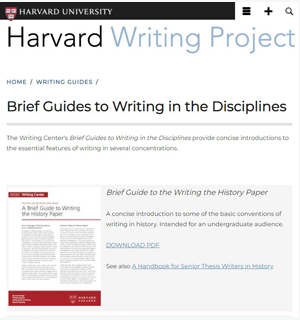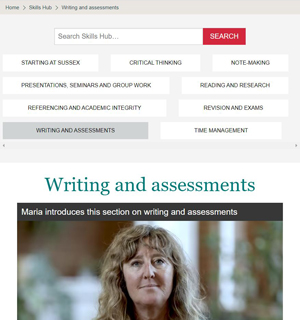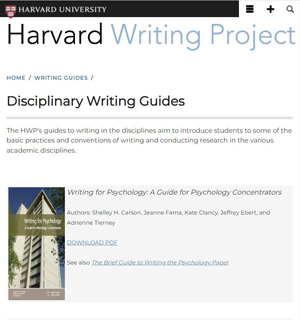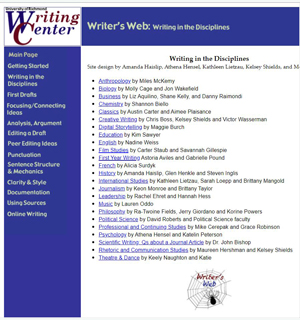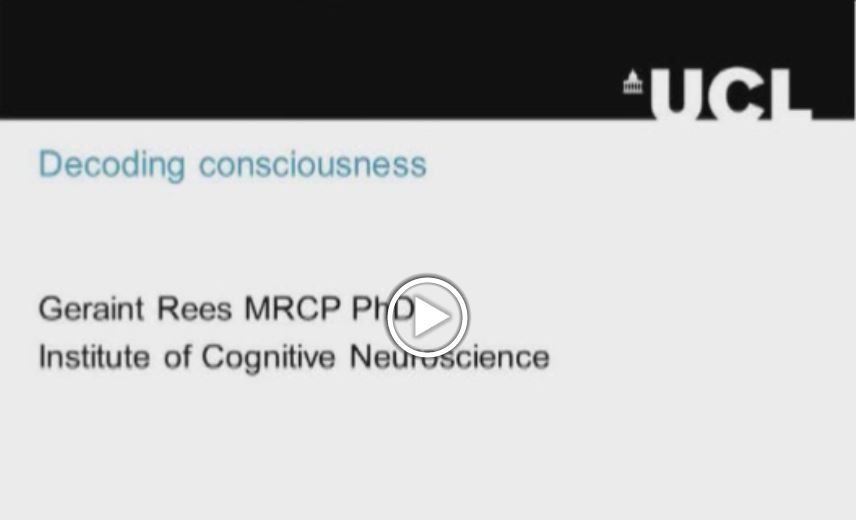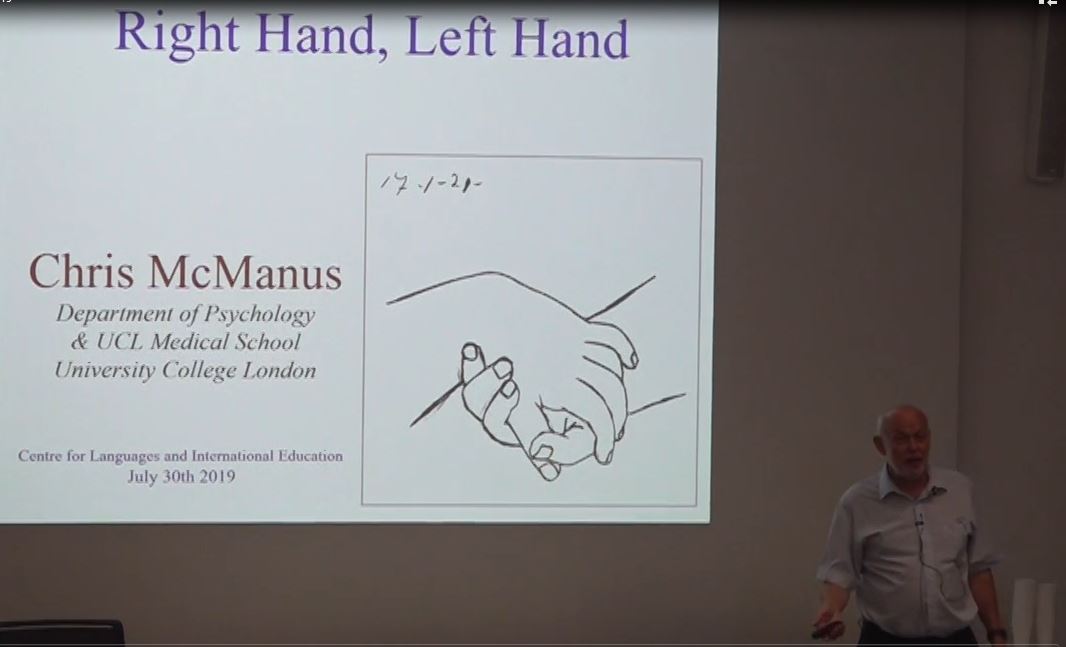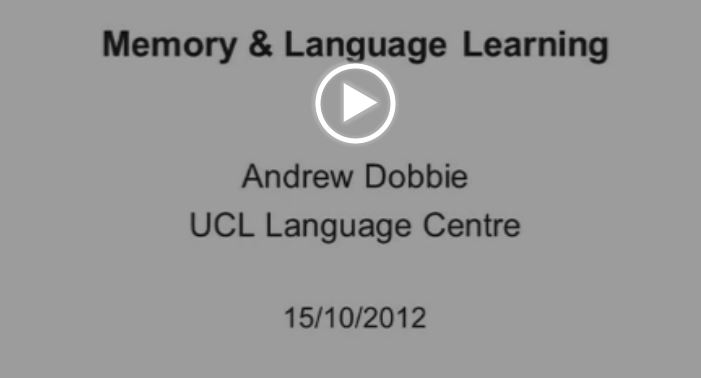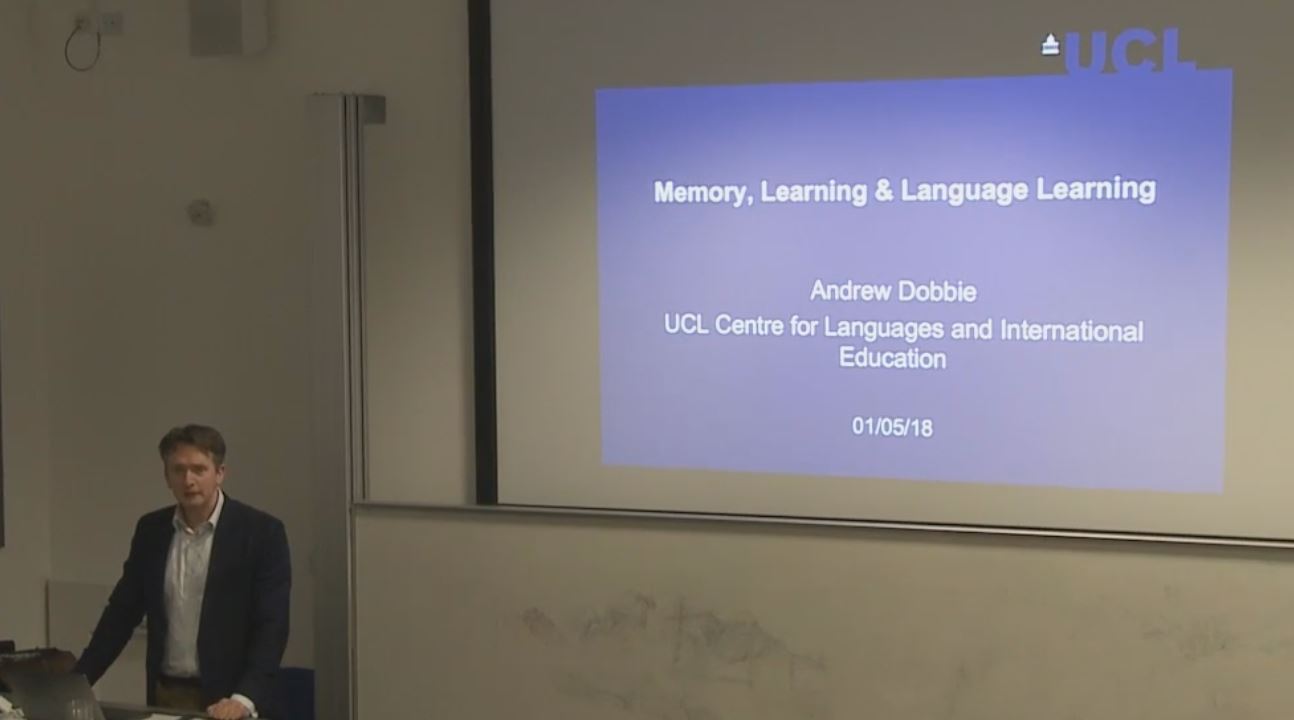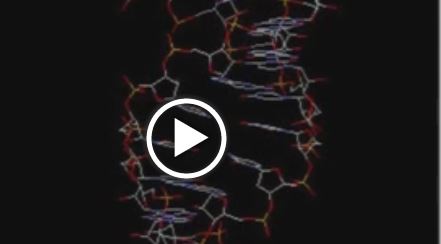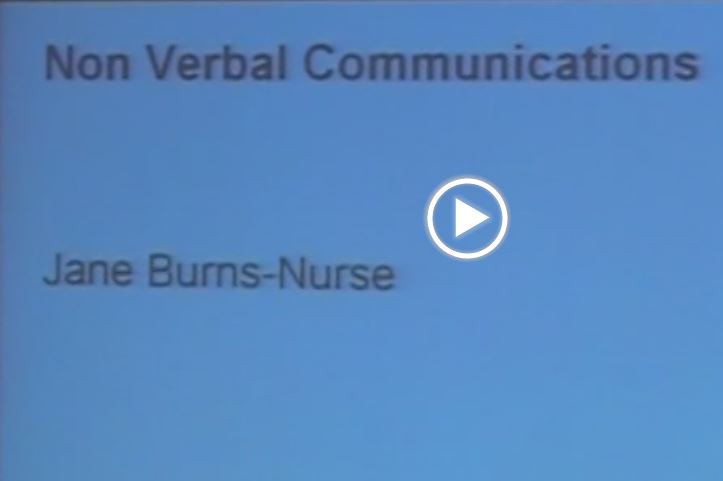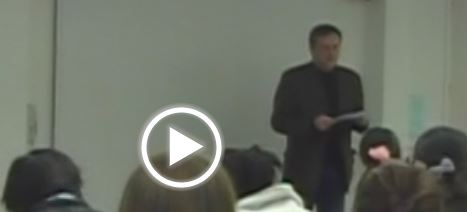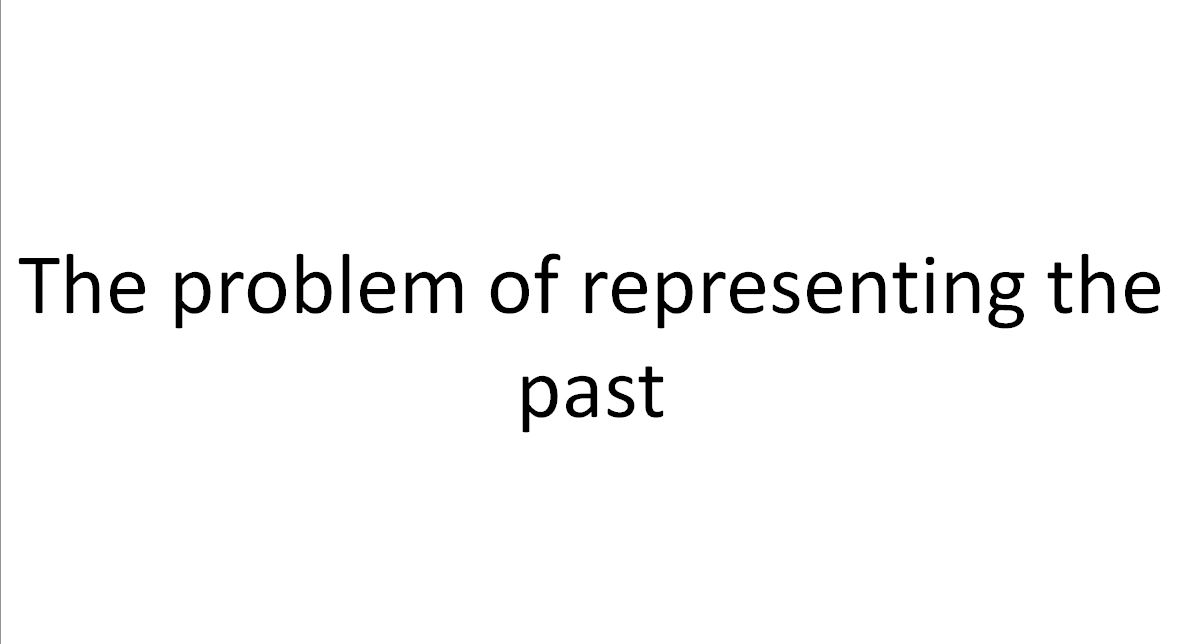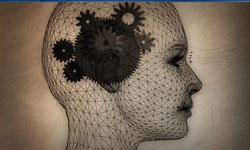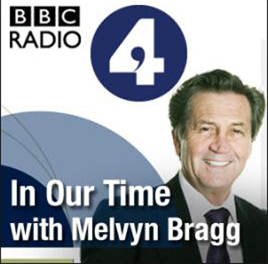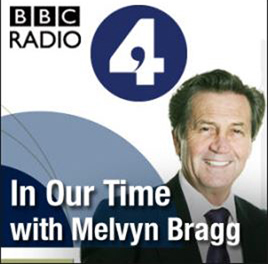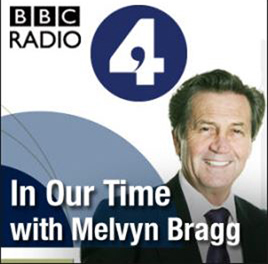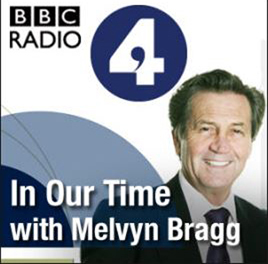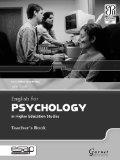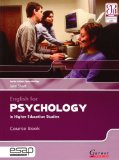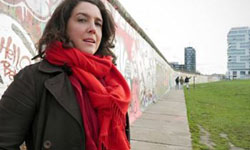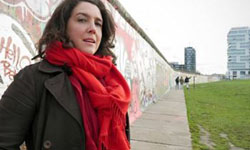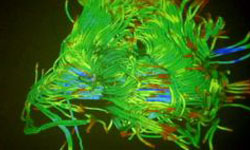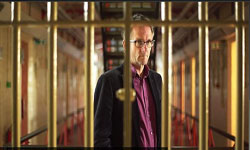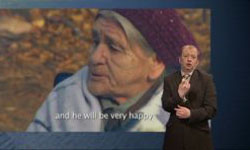Select one or more of these popular tags:
-
Brief Guides to Writing in the Disciplines
-
(Currently) four downloadable breif guides to writing in history, philosophy, English and psychology.
(Currently) four downloadable breif guides to writing in history, philosophy, English and psychology.
-
Example student essays
-
7 example student essays with tutor feedback in 5 different disciplines: English lit, Int. Security, Anthropology, Biomedical Science and Psychology.
7 example student essays with tutor feedback in 5 different disciplines: English lit, Int. Security, Anthropology, Biomedical Science and Psychology.
-
Harvard Writing Project
-
A collection of free downloadable pdf books explaining in detail how writing is done in different disciplines (see tags).
A collection of free downloadable pdf books explaining in detail how writing is done in different disciplines (see tags).
-
Writing in the Disciplines
-
Links to guides to writing in 24 different disciplines.
Links to guides to writing in 24 different disciplines.
-
Decoding Consciousness
-
Geraint Rees , 2011
Pre-sessional lecture 2011
- Lectures
- General Science
- Lectures
- No subtitles
- 53
Pre-sessional lecture 2011
-
Decoding Consciousness (with transcript)
-
Prof Geriant Rees , 2008
GPC/Pre-sessional Lecture 2008
- Lectures
- Humanities
- Lectures
- No subtitles
- 65
GPC/Pre-sessional Lecture 2008
-
Left Hand Right Hand Brain
-
Professor Chris McManus , 2019
Pre-sessional Lecture 30th July 2019
- Lectures
- No subtitles
- 49
Pre-sessional Lecture 30th July 2019
-
Memory and Language Learning
-
Andrew Dobbie , 2012
Diploma Lecture 2012 - 2013
- Lectures
- Humanities
- Lectures
- No subtitles
- 50
Diploma Lecture 2012 - 2013
-
Memory, Learning and Language Learning
-
Andrew Dobbie , 2018
Pre-Sessional Lecture 01.05.2018
- Lectures
- No subtitles
- 55
Pre-Sessional Lecture 01.05.2018
-
Nature, Nurture, or Neither?
-
Prof. Steve Jones , 2010
Diploma 2010/11
- Lectures
- Biology
- General Science
- Lectures
- No subtitles
- 50
Diploma 2010/11
-
Non Verbal Communications
-
Jane Burns-Nurse , 2010
Diploma 2010
- Lectures
- Communication
- Lectures
- No subtitles
- 55
Diploma 2010
-
The Problems of Representing the Past
-
Will Richards , 2014
Diploma 2014
Diploma 2014
-
Visual Music and Synaesthesia
-
Dr Jamie Ward , 2006
Diploma Lecture 2006-2007
- Lectures
- Humanities
- Lectures
- No subtitles
- 60
Diploma Lecture 2006-2007
-
Aping Evolution - 1
-
Professor Steve Jones
Professor of Genetics Steve Jones challenges evolutionary psychology, the controversial new science of how our brains and minds developed.
Professor of Genetics Steve Jones challenges evolutionary psychology, the controversial new science of how our brains and minds developed.
-
Aping Evolution - 2
-
Professor Steve Jones
Professor of Genetics Steve Jones challenges the controversial science of evolutionary psychology. Evolutionary psychologists say human behaviour, such as who we marry, when we have children and even the quality of our sex lives, can be explained by having a Stone Age brain in a 21st century body. Professor Jones examines the scientific evidence for such claims and asks if we should be worried if contentious theories escape the world of science and enter the arena of social policy.
Professor of Genetics Steve Jones challenges the controversial science of evolutionary psychology. Evolutionary psychologists say human behaviour, such as who we marry, when we have children and even the quality of our sex lives, can be explained by having a Stone Age brain in a 21st century body. Professor Jones examines the scientific evidence for such claims and asks if we should be worried if contentious theories escape the world of science and enter the arena of social policy.
-
Can Anyone Be a Creative Genius 1?
-
Ian Peacock
We make, we create, we paint, we write, we think we discover and we invent. Humans are endlessly creative. From our ability to utter completely new sentences every time we speak to the artistic and scientific genius of Picasso, Shakespeare or Einstein. Do scientists or psychologists know very much about what creativity actually is, or which bit of our brain is in control when we do? Ian Peacock unravels the myth, science and psychology behind creativity. He also finds out why computers could be the artists and writers of the 22nd century.
We make, we create, we paint, we write, we think we discover and we invent. Humans are endlessly creative. From our ability to utter completely new sentences every time we speak to the artistic and scientific genius of Picasso, Shakespeare or Einstein. Do scientists or psychologists know very much about what creativity actually is, or which bit of our brain is in control when we do? Ian Peacock unravels the myth, science and psychology behind creativity. He also finds out why computers could be the artists and writers of the 22nd century.
-
Follow the Leader, Episode 2
-
Carolyn Quinn
Carolyn Quinn examines the psychology of leadership. Once you've secured your position as leader, how do you deal with the demands at the top? The level of media attention across all sectors, from politics to football, means that today's leaders are under more scrutiny than ever before. In the last episode, Carolyn explores the challenges of modern leadership, from stepping up to the top job, to stepping down.
Carolyn Quinn examines the psychology of leadership. Once you've secured your position as leader, how do you deal with the demands at the top? The level of media attention across all sectors, from politics to football, means that today's leaders are under more scrutiny than ever before. In the last episode, Carolyn explores the challenges of modern leadership, from stepping up to the top job, to stepping down.
-
In Our Time - Evolutionary Psychology
-
Melvyn Bragg
With Janet Radcliffe Richards, Reader in Bioethics, University College, London; Nicholas Humphrey, Professor of Psychology, New School for Social Research, New York; Professor Steven Rose, Professor of Physic, Open University.
With Janet Radcliffe Richards, Reader in Bioethics, University College, London; Nicholas Humphrey, Professor of Psychology, New School for Social Research, New York; Professor Steven Rose, Professor of Physic, Open University.
-
In Our Time - Neuroscience in the 20th century
-
Melvyn Bragg
With Professor Susan Greenfield, director of the Royal Institution, Professor of Pharmacology, Oxford University and Professor of Physics at Gresham College; Professor Vilayanur Ramachandran, Professor of Neuroscience and Psychology, Director of the Brain Perception Laboratory, University of California in San Diego and Professor at the Salk Institute.
With Professor Susan Greenfield, director of the Royal Institution, Professor of Pharmacology, Oxford University and Professor of Physics at Gresham College; Professor Vilayanur Ramachandran, Professor of Neuroscience and Psychology, Director of the Brain Perception Laboratory, University of California in San Diego and Professor at the Salk Institute.
-
In Our Time - Prayer
-
Melvyn Bragg
With Professor Russell Stannard, physicist, religious writer and author of The God Experiment; Andrew Samuels, Jungian analyst and Professor of Analytical Psychology, University of Essex.
With Professor Russell Stannard, physicist, religious writer and author of The God Experiment; Andrew Samuels, Jungian analyst and Professor of Analytical Psychology, University of Essex.
-
In Our Time - Victorian Realism
-
Melvyn Bragg
A reaction against Romanticism, the realist novel presented life as it was in urbanized, industrial Britain. Attacked as ordinary, mundane, overly democratic and lacking the imaginative demands of poetry, its defendants argued that the ordinariness of life contained a complexity and depth previously unseen and unconsidered. At its best the realist novel was like life itself - complex in appearance, rich in character, diverse in outlook, teeming with ideas and operating on several levels. It was a forum for the confusions of the Victorian age over Christianity and Darwinism, economics, morality and psychology, yet it was also a domestic novel concerned with the individuality of human relationships.
A reaction against Romanticism, the realist novel presented life as it was in urbanized, industrial Britain. Attacked as ordinary, mundane, overly democratic and lacking the imaginative demands of poetry, its defendants argued that the ordinariness of life contained a complexity and depth previously unseen and unconsidered. At its best the realist novel was like life itself - complex in appearance, rich in character, diverse in outlook, teeming with ideas and operating on several levels. It was a forum for the confusions of the Victorian age over Christianity and Darwinism, economics, morality and psychology, yet it was also a domestic novel concerned with the individuality of human relationships.
-
English for Psychology in Higher Education Studies (Teacher's Book)
-
Jane Short , Garnet , 2010
- 9781859644478 104264
- Special Interest
- Special Interest
- 1 copies
- B2 C2
-
English for Psychology in Higher Education Studies Course Book
-
Jane Short , Garnet , 2010
"English for Psychology is a skills-based course designed specifically for students of psychology who are about to enter English-medium tertiary level studies.
- 9781859644461 104268
- Special Interest
- Special Interest
- 1 copies
- B2 C2
"English for Psychology is a skills-based course designed specifically for students of psychology who are about to enter English-medium tertiary level studies.
-
Genius of the Modern World
-
BBC
Historian Bettany Hughes retraces the lives of three great thinkers whose ideas shaped the modern world - Karl Marx, Frederick Nietzsche and Sigmund Freud.
- TV-Recordings
- English subtitles
- 180
Historian Bettany Hughes retraces the lives of three great thinkers whose ideas shaped the modern world - Karl Marx, Frederick Nietzsche and Sigmund Freud.
Bettany Hughes travels to Vienna on the trail of Sigmund Freud, the father of psychoanalysis. Freud's influence surrounds us. In our vocabulary - repression, penis envy, the Freudian slip - and in the freedom we take for granted, to talk openly about our deepest feelings and insecurities
- TV-Recordings
- English subtitles
- 60
Bettany Hughes travels to Vienna on the trail of Sigmund Freud, the father of psychoanalysis. Freud's influence surrounds us. In our vocabulary - repression, penis envy, the Freudian slip - and in the freedom we take for granted, to talk openly about our deepest feelings and insecurities
It is a feeling we all know - the moment when a light goes on in your head. In a sudden flash of inspiration, a new idea is born.
- TV-Recordings
- Psychology
- No subtitles
- 60
It is a feeling we all know - the moment when a light goes on in your head. In a sudden flash of inspiration, a new idea is born.
In this programme, Michael Mosley delves into the BBC archives to chart scientists' progress as they probed the mind of the murderer to try to understand why people kill, and to find out whether by understanding murder we can prevent it.
- TV-Recordings
- English subtitles
- 60
In this programme, Michael Mosley delves into the BBC archives to chart scientists' progress as they probed the mind of the murderer to try to understand why people kill, and to find out whether by understanding murder we can prevent it.
They are the miracle pills that shouldn\'t really work at all. Placebos come in all shapes and sizes, but they contain no active ingredient. Now they are being shown to help treat pain, depression and even alleviate some of the symptoms of Parkinson\'s disease. Horizon explores why they work, and how we could all benefit from the hidden power of the placebo.
- TV-Recordings
- Medical Sciences
- English subtitles
- 60
They are the miracle pills that shouldn\'t really work at all. Placebos come in all shapes and sizes, but they contain no active ingredient. Now they are being shown to help treat pain, depression and even alleviate some of the symptoms of Parkinson\'s disease. Horizon explores why they work, and how we could all benefit from the hidden power of the placebo.
Horizon uncovers the secret world of our dreams. In a series of cutting-edge experiments and personal stories, we go in search of the science behind this most enduring mystery and ask: where do dreams come from? Do they have meaning? And ultimately, why do we dream?
- TV-Recordings
- Humanities
- Medical Sciences
- TV-Recordings
- No subtitles
- 50
Horizon uncovers the secret world of our dreams. In a series of cutting-edge experiments and personal stories, we go in search of the science behind this most enduring mystery and ask: where do dreams come from? Do they have meaning? And ultimately, why do we dream?

